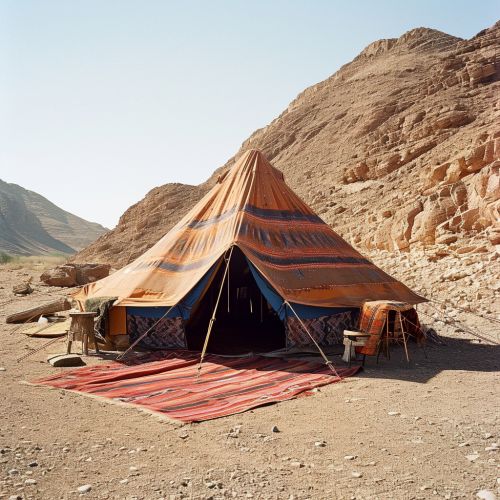Muammar Gaddafi
Early Life
Muammar Muhammad Abu Minyar Gaddafi was born in 1942 in the region of Qasr Abu Hadi, near Sirte, in what was then Italian Libya. He was born into a Bedouin family of the Qadhadhfa tribe, who were known for their herding and desert-dwelling lifestyle. Gaddafi's family was impoverished, and he spent his childhood in a traditional Bedouin tent.


Gaddafi received his primary education in Sirte, and later attended the Sebha secondary school in Fezzan, Libya. He was a passionate Arab nationalist from a young age, and was influenced by the speeches of Egyptian President Gamal Abdel Nasser.
Military Career and Political Ideology
In 1961, Gaddafi entered the Royal Military Academy in Benghazi, where he and a group of fellow officers formed the Free Officers Movement, a revolutionary group inspired by Nasser's Egyptian model. The group was committed to overthrowing the pro-Western monarchy of King Idris.
In 1969, Gaddafi and his fellow officers launched a bloodless coup, known as the Al Fateh Revolution, overthrowing King Idris while he was abroad for medical treatment. Gaddafi, at the age of 27, was named Chairman of the Revolutionary Command Council (RCC), effectively making him the de facto ruler of Libya.
Gaddafi's political ideology, outlined in his Green Book, combined elements of Arab nationalism, socialism, and Islamic principles. He proposed a form of direct democracy he termed "Jamahiriya", or "state of the masses", which was implemented in Libya in 1977.
Rule of Libya
Gaddafi's rule of Libya was marked by his unique political ideology and his controversial international relations. He nationalized the oil industry and used the revenues to implement social programs, improving the standard of living in Libya. However, his rule was also marked by human rights abuses and suppression of political dissent.
Gaddafi's foreign policy was marked by his support for a variety of armed groups around the world, including the IRA and various Palestinian factions. His government was implicated in several high-profile incidents, including the Berlin disco bombing and the Lockerbie bombing, leading to international sanctions against Libya.
Death and Legacy
In 2011, during the Arab Spring, protests against Gaddafi's rule broke out in Libya. The protests escalated into a civil war, with NATO intervening on behalf of the rebels. Gaddafi was captured and killed by rebels in October 2011.
Gaddafi's death marked the end of his 42-year rule of Libya, the longest of any leader in Africa and the Arab world. His legacy remains controversial, with some praising his efforts to improve living standards in Libya and others condemning his human rights abuses and support for international terrorism.
